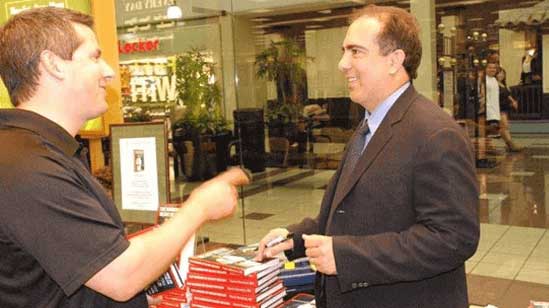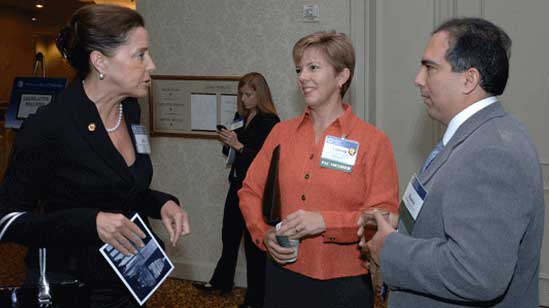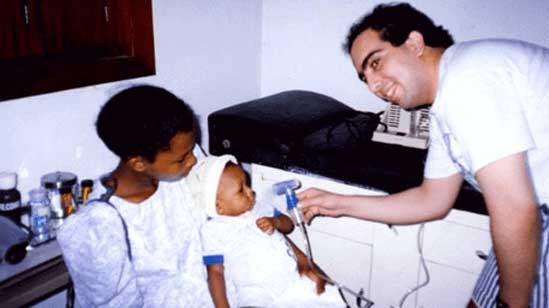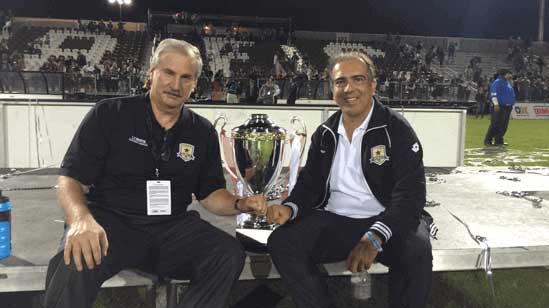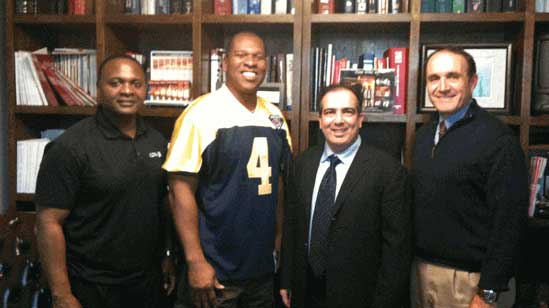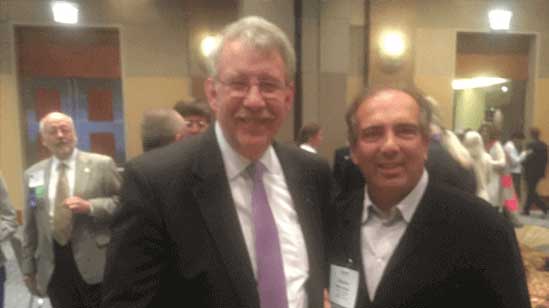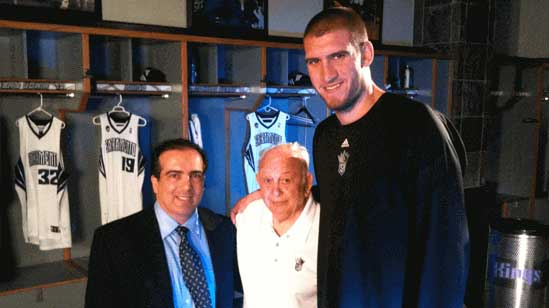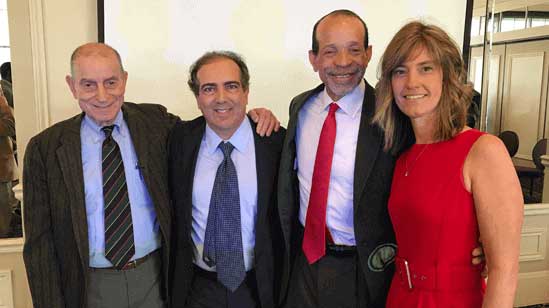Welcome to our health education library. The information shared below is provided to you as an educational and informational source only and is not intended to replace a medical examination or consultation, or medical advice given to you by a physician or medical professional.
To request an appointment, please call our cardiology office in Stockton, California at 209-944-5530 or use our online Appointment Request Form.

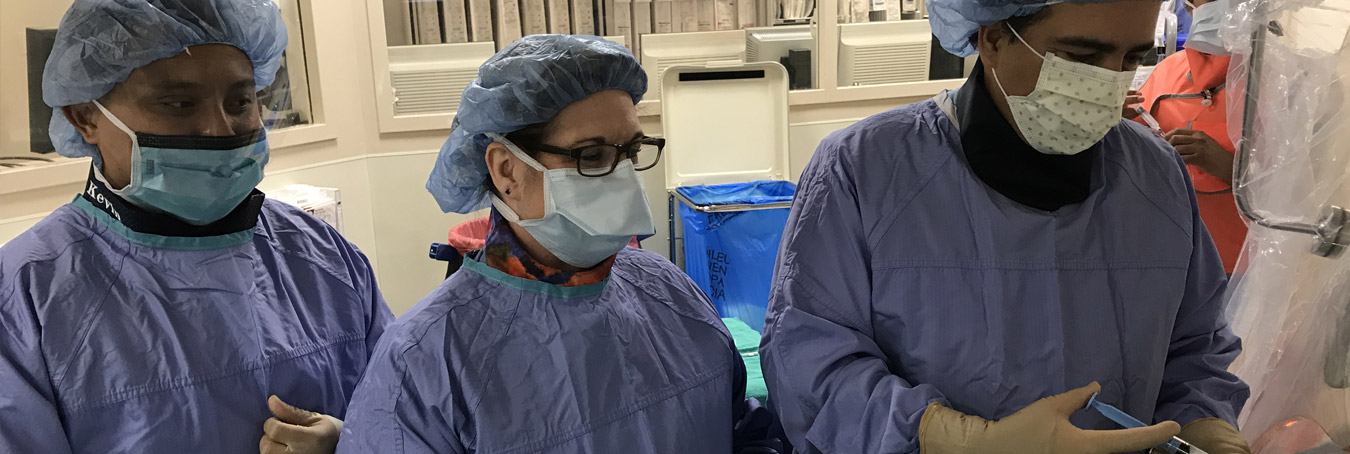




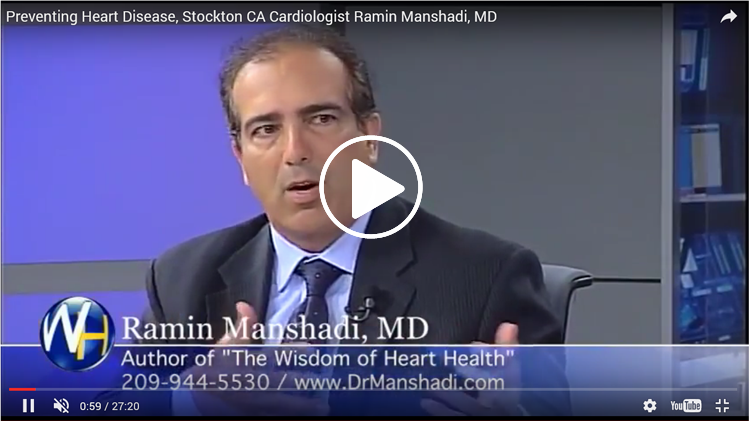
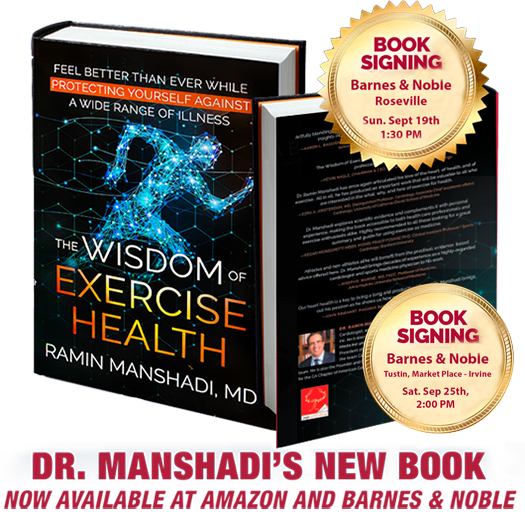

 Click Here for More Details
Click Here for More Details